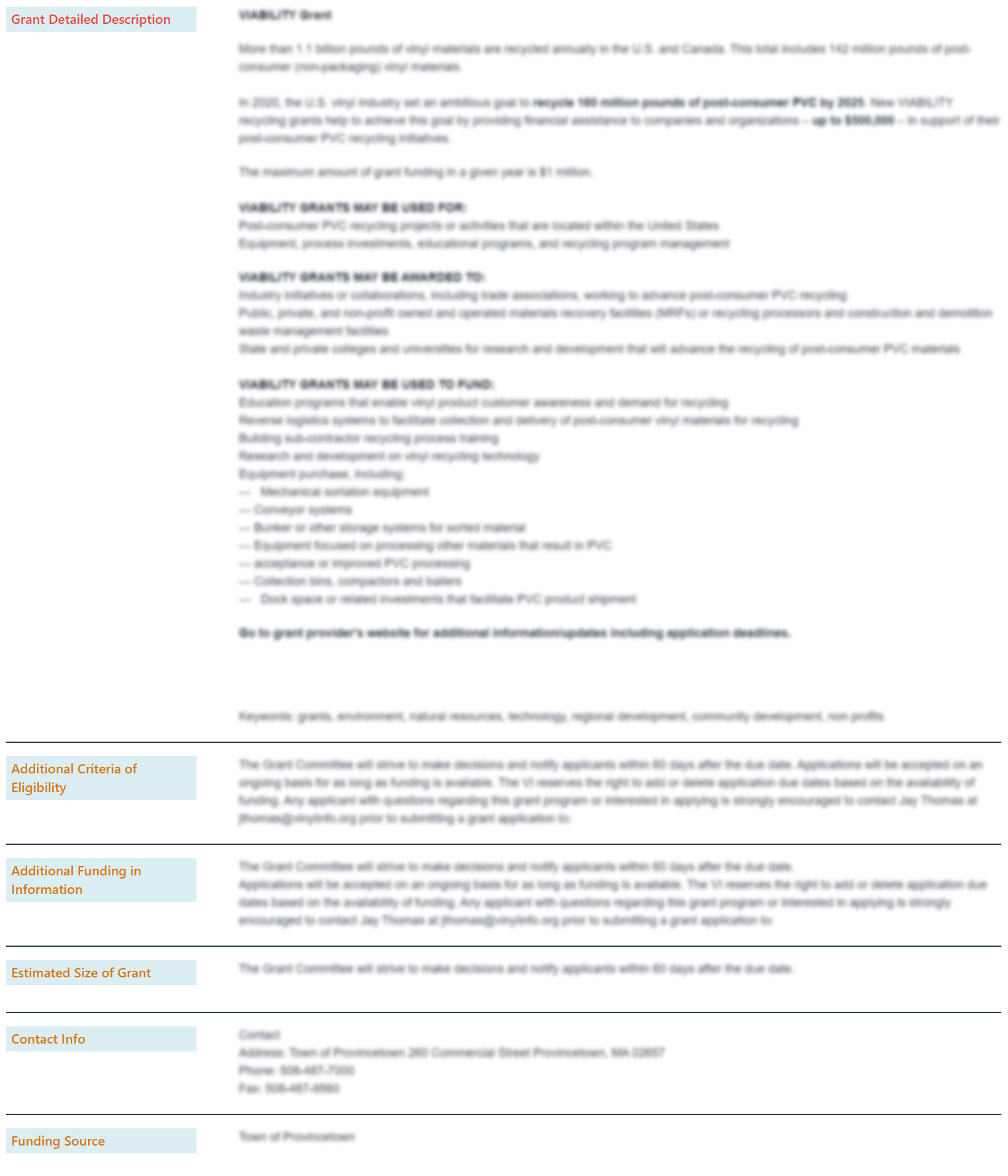This regional grant initiative offers two separate streams of funding to support nonprofit or public organizations serving designated counties in two states. One stream provides modest awards—typically between $500 and $5,000—for immediate assistance such as food, clothing, rent or utility support. These smaller awards are intended to strengthen organizations’ ability to respond to urgent material needs and may be awarded quickly without a full application in some cases.
The second, larger stream invites proposals for systemic or capacity‑building projects. Grants in this track generally range from several hundred dollars up to around $50,000, with common awards falling in the $15,000 to $20,000 range. Eligible uses include program development, equipment or technology purchases, small capital projects, general operating support, training, or coalition‑building efforts. The intent is to enable longer term improvements in areas like health access, transportation, food or housing security, mental health and addiction recovery services, and strategies to promote healthier eating and more active living.
Applicants must be tax‑exempt nonprofits or public institutions, delivering services that will impact residents in a specified set of counties in Ohio or West Virginia. Individuals and for‑profit businesses are not eligible. A provided project must align with at least one broader priority, such as neighborhood conditions, behavioral health support, or health education. Past awards have supported mobile feeding programs, healthy cooking initiatives, community recreation spaces, enhanced dental access in underserved towns, legal clinics, and emergency food pantries, among others.
Each organization may apply only once during a rolling 12‑month period, choosing either the smaller direct assistance stream or the larger capacity‑building stream. The larger track uses a two‑stage application: a brief initial inquiry leads to either a direct award of up to $5,000 or an invitation to submit a full proposal if more funding is requested. Grants are awarded twice a year, with deadlines in mid‑January and mid‑July, and final decisions coming a few months after.
Recipients often find that these grants help them expand outreach, launch new services, build partnerships, and address root causes of health inequities in the community.
